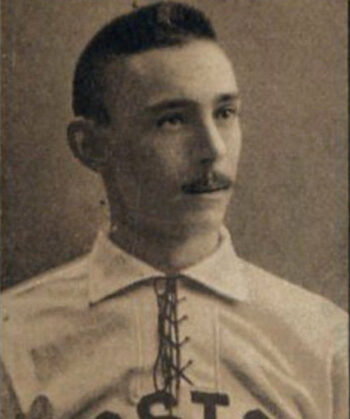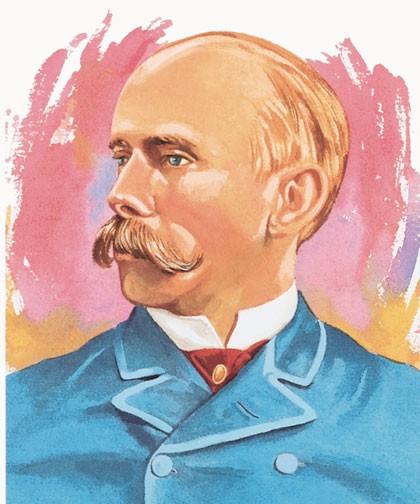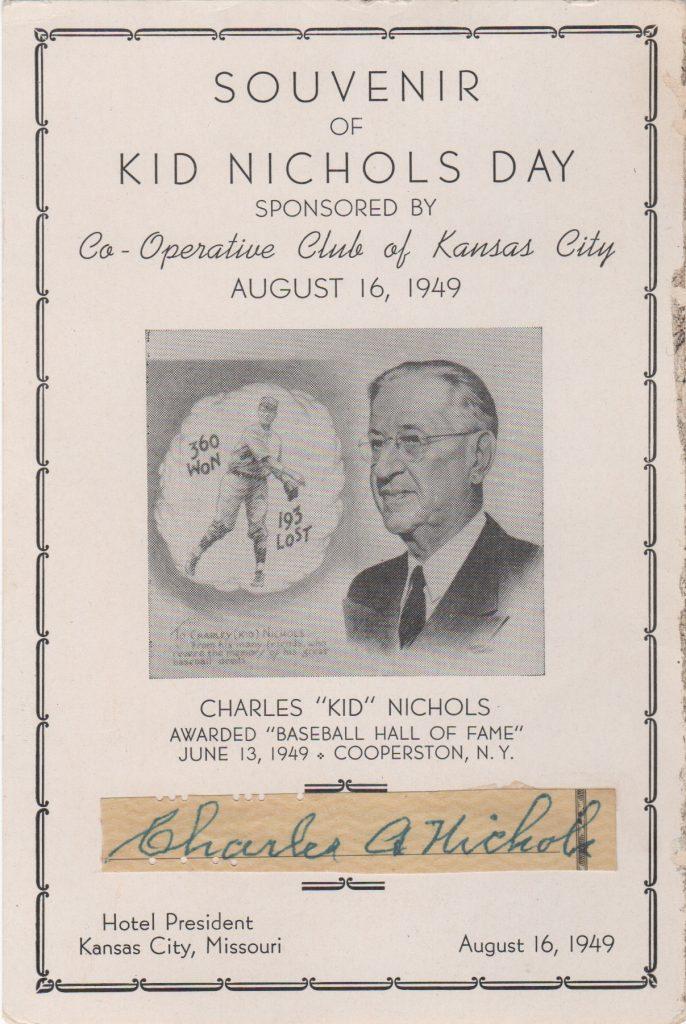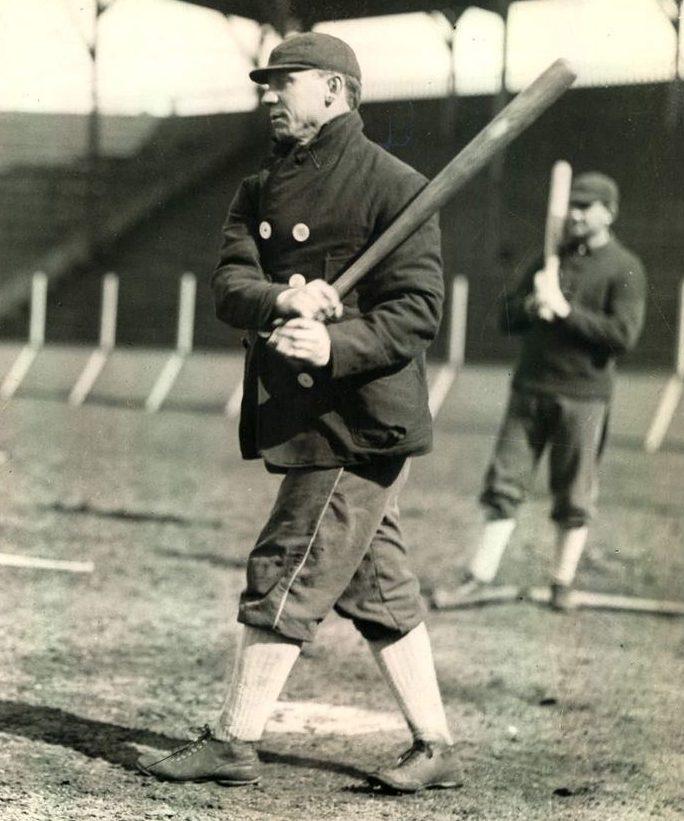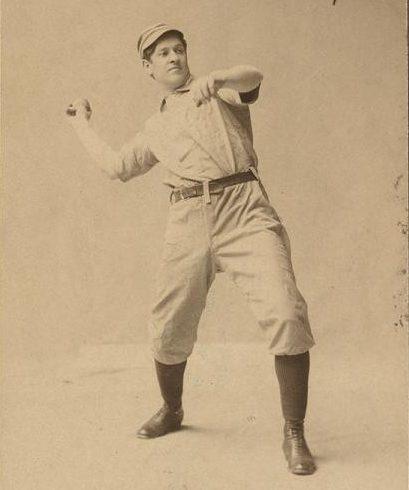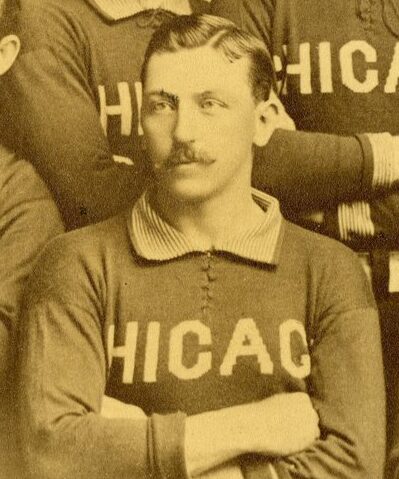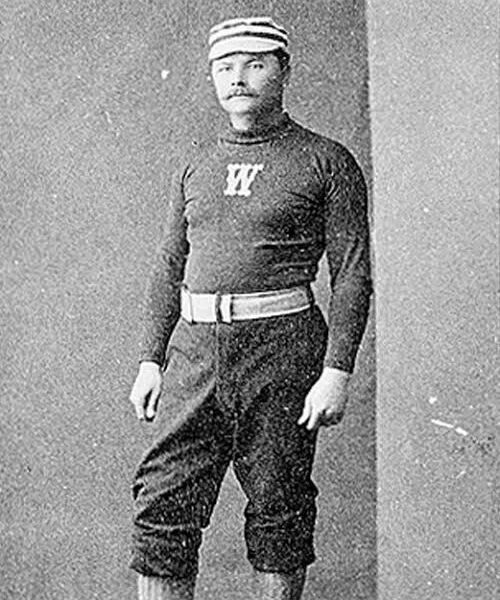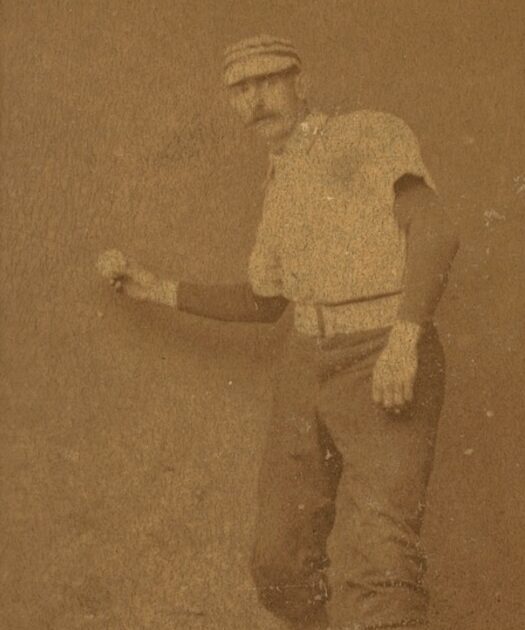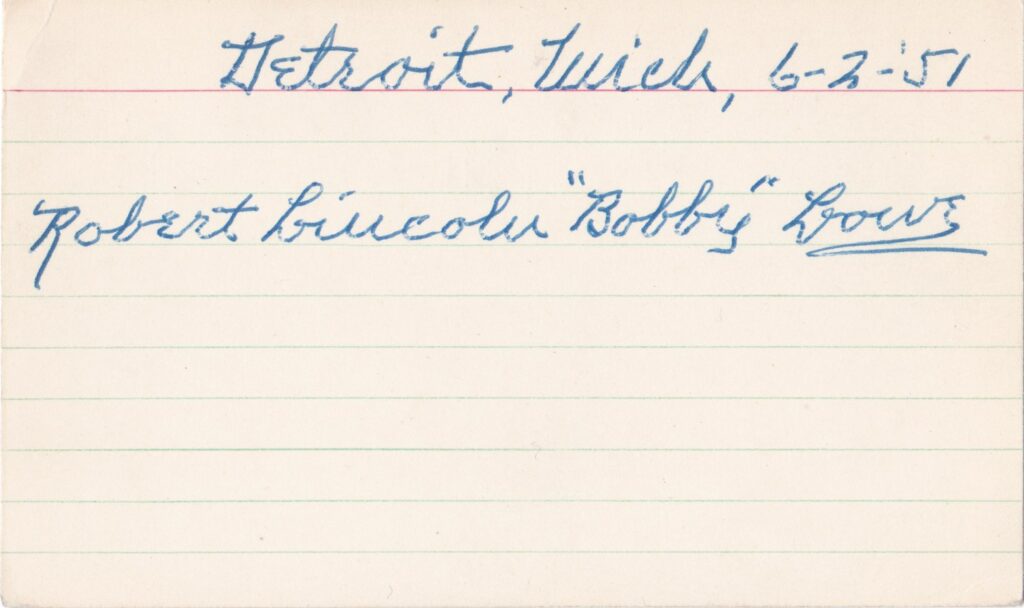
Robert Lincoln Lowe was born on July 10, 1865, just 86 days after the death of the president who signed the Emancipation Proclamation. Before his 21st birthday Bobby or “Linc” as he was known, began playing professional baseball.
In 1890 at age 24 Lowe reached the big leagues. The following year Lowe’s Boston Beaneaters began a run of three-straight National League championships.
On May 30, 1894, the second baseman became the first player in major league history to belt four homers in a single game. That year he hit .346 with a .401 on-base percentage and a .520 slugging mark. Lowe’s 212 hits put him 4th in the league while his 17 homers and 319 total bases were surpassed only by Hall of Famer Hugh Duffy.
The Beaneaters and Lowe extended their 1890s championship run with back-to-back pennants in 1897 and ’98. Their five pennants during the 8-year period make the the era’s dominant Senior Circuit club. A key piece of the success, Lowe hit .302 in the seven-year stretch from 1892-1899.
After a dozen seasons in Boston, Lowe’s contract was purchased by the Chicago Orphans in December of 1901. His best years behind him, Lowe was still valuable enough to play until 1907.
At the time of his retirement, his .953 career fielding percentage at second base was the top mark in big league history. In 1,821 games, Lowe hit .273 with 1,934 hits, 1,135 runs scored, 989 RBI, 85 triples, and 474 walks.
In 1936 the Baseball Hall of Fame considered players from the game’s early years. Of the 33 men who tallied more votes than Lowe, 24 were later selected to the Hall of Fame. Lowe received more votes than future inductees Jesse Burkett, Tim Keefe, Tommy McCarthy, Bobby Wallace, Deacon White, and Candy Cummings.
Shown here is Lowe’s autograph signed on June 2, 1951, thirty-eight days before his 86th birthday. Lowe died in December the same year.
